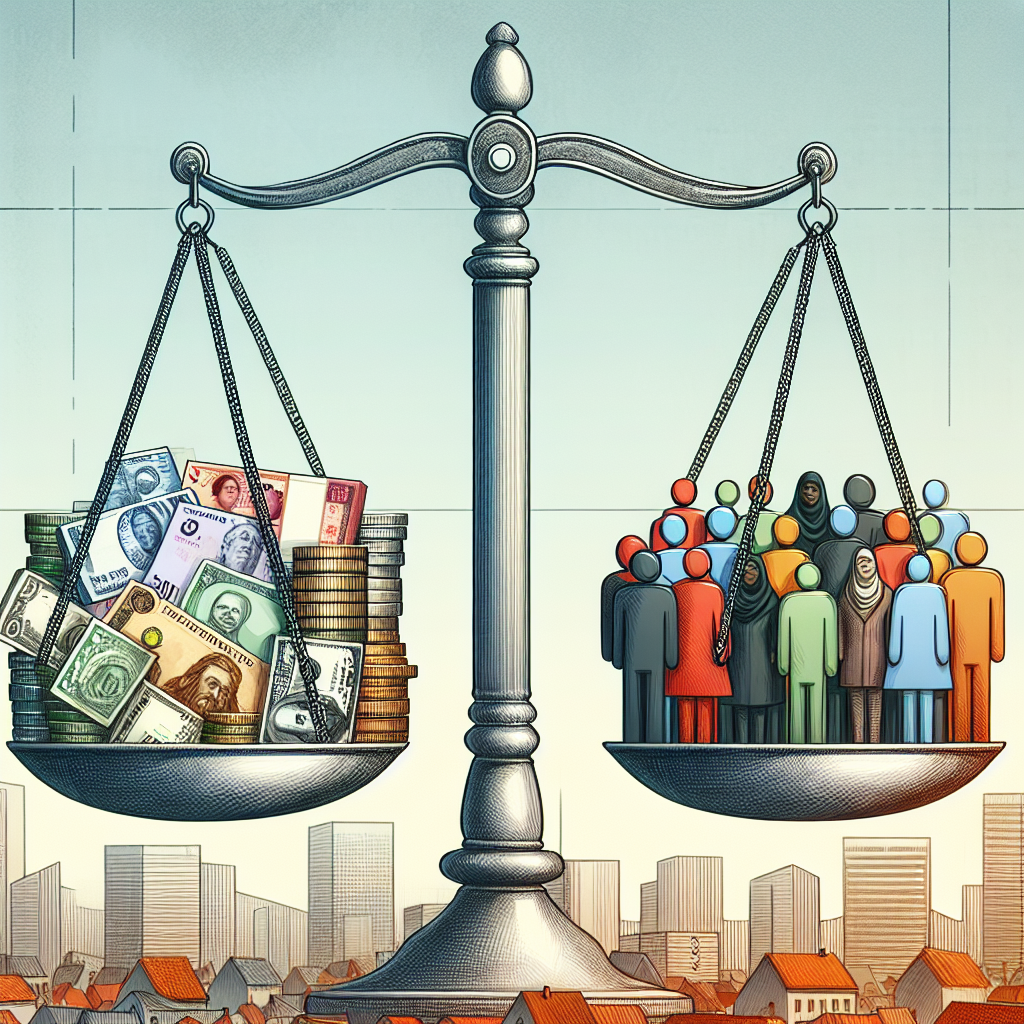The modern economy often presents a paradox: while we enjoy technological conveniences and seamless transactions, many of us operate within a low-value, low-trust marketplace characterized by subpar goods and services. Most individuals fail to recognize this underlying truth as they navigate a digital landscape seemingly unfettered by complications. That said, an essential element of social trust plays a critical role in shaping our economic experiences, though it remains challenging to quantify. Trust manifests in various forms, from confidence in institutions to the assurance that interpersonal interactions will not erode societal cohesion.
To understand the impact of social trust on economy, it becomes essential to differentiate between high-trust and low-trust societies. In high-trust environments, transactions occur fluidly and with minimal costs, allowing for economic vitality. Conversely, in low-trust contexts, individuals must undertake extensive verification processes, often through intermediaries, to ensure that exchanges are honored. This can create a cumbersome transaction environment, wherein the “shadow work” of monitoring trustworthiness drains resources and stifles economic growth. Cultural attitudes towards honesty, deception, and personal honor further shape these transactional dynamics, revealing stark differences in how business is conducted around the globe.
A personal reflection from the author’s father serves to illustrate these concepts concretely. In regions marked by high trust, business dealings can be finalized rapidly—often requiring little more than a handshake and mutual agreement. In contrast, environments with lower trust levels necessitate comprehensive paperwork and various safeguards to confirm that both parties meet their obligations. This discrepancy significantly correlates with the wealth levels of different regions; societies that exhibit higher degrees of trust are invariably more affluent, while poorer communities often grapple with excessive transaction costs and caution derived from distrust.
The nature of economic interactions also shifts significantly between high-trust and low-trust contexts. In the former, economies thrive on a plethora of transactions, even with complete strangers, facilitated by digital platforms and apps. High-trust markets enable a globalized flow of goods and services, unlocking potential and driving innovation. Conversely, low-trust economies rely on tightly-knit networks and relationship-based models, where trusted intermediaries—often family or close acquaintances—play central roles. While this model was suitable for ancient trade when communication lagged, it is ill-equipped for today’s fast-paced, interconnected economy that demands efficiency across a broad spectrum of commodities.
In the United States, this bifurcation between high-trust and low-trust segments paints a complicated picture. The dichotomy reflects broader societal divisions rooted in class distinctions that are typically overlooked in discussions within a culture that prides itself on social mobility and a classless identity. Herein lies a profound irony—the apparent fluidity of technological transactions coexists with persistent socio-economic disparities sustained by varying levels of trust, which inhibit many from participating fully in the national economy.
Thus, addressing these complexities illuminates pathways for improving trust across transactions and enhancing economic productivity as a whole. Encouraging strong social norms, cultivating trust within communities, and fostering relationships can alleviate burdens that impede business processes. In this age of consumerism and technological advancement, reconceptualizing how we perceive and integrate trust into the economy will be vital for cultivating a landscape that benefits both the individual and society at large. Recognizing the intricate interplay between trust and economic vitality forms the foundation for building a more resilient and prosperous future for all.

